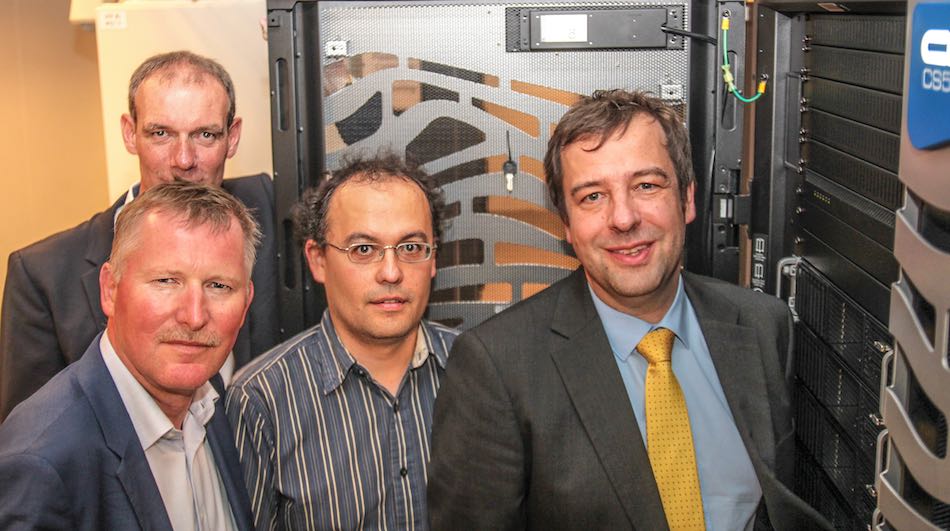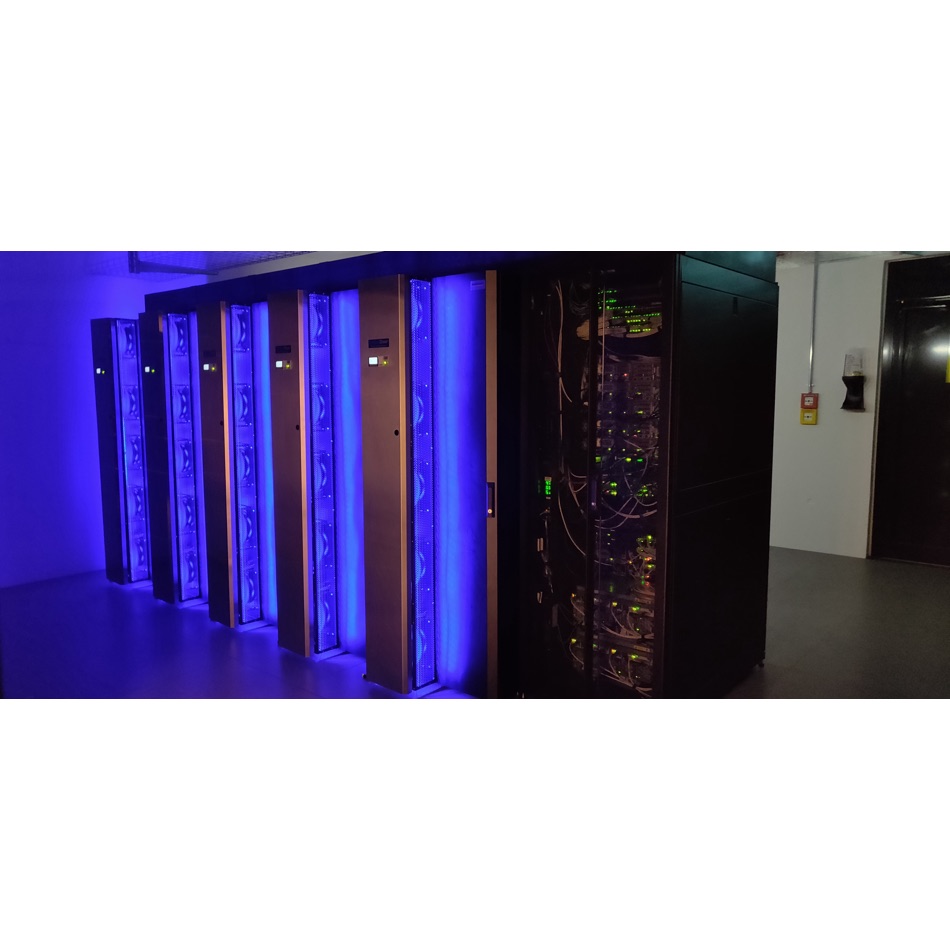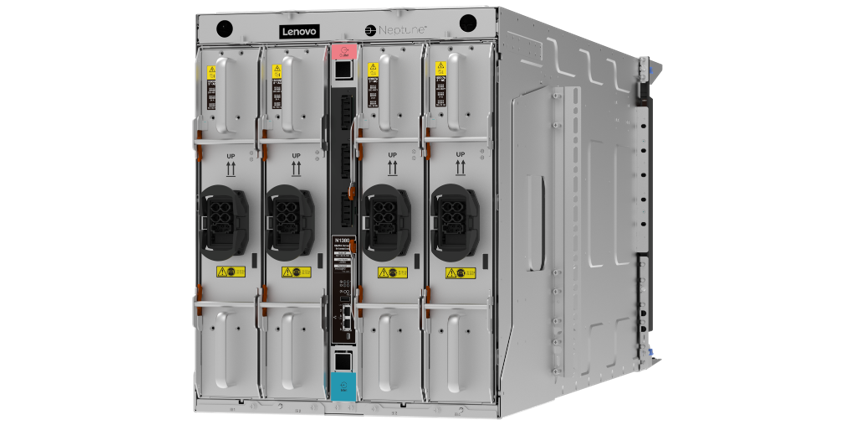 A new supercomputer called “Noctua” was inaugurated recently at Paderborn University. The high-performance computing system is expected to be one of the ten most powerful university installations within Germany.
A new supercomputer called “Noctua” was inaugurated recently at Paderborn University. The high-performance computing system is expected to be one of the ten most powerful university installations within Germany.
This is a special and identity-establishing day for the University,” said Prof. Dr. Johannes Blömer, Vice President for Research and Junior Academics. On the one hand, the computing system would be able to perform highly complex simulations, and on the other hand, it would provide the necessary computing power for researchers throughout Ostwestfalen-Lippe, said Blömer.
With the commissioning of the new system, the university’s Paderborn Center for Parallel Computing (PC²), replaces their former flagship system by a significantly more powerful and more energy-efficient HPC (high-performance computing) system. Prof. Dr. Christian Plessl, Chairman of the PC² board and computer scientist:
The new Cray CS 500 HPC cluster is the most powerful installation in Paderborn so far and delivers a performance of 535 TFLOPS in the LINPACK benchmark. The unique property: In addition to the 256 compute nodes with Intel Xeon Gold 2.4 GHz processors there are 16 additional nodes that contain two so-called FPGA cards each. These customizable hardware blocks play an increasingly important role in modern computer architecture.”
Plessl continues: “FPGAs (Field Programmable Gate Arrays) already attract high attention as particularly energy-efficient accelerators in commercial data centers. With a unique HPC installation of 32 state of the art FPGAs that are especially promising for scientific applications, the PC² can become a pioneer in establishing this technology. Noctua is currently expected to be the biggest installation of its kind in the world and provides the best conditions for prolific research.”

Inauguration of the Noctua Supercomputer. Persons from left to right: Frank Klapper, Prof. Dr. Johannes Blömer, Prof. Dr. Thomas D. Kühne, Prof. Dr. Christian Plessl. (Credits: Paderborn University. Kamil Glabica)
Prof. Dr. Thomas D. Kühne, Vice Chairman of the PC² board and theoretical chemist, is convinced: “With Noctua, all computational science and engineering users get the much-needed computing power to be internationally competitive. In particular, highly complex simulations that otherwise could be done only at national highest-performance computing centers—or not at all, can now be performed”.
Pascal Barbolosi, Vice President EMEA sales at Cray, confirms: “Cray has always been devoted to pushing the limits of scientific computing, by combining the most advanced technologies to achieve the desired performance. Integrating a high ratio of state-of-the-art FPGAs in an advanced supercomputer cluster system will provide a remarkable heterogeneous computing platform that enables researchers to perform a new dimension of experiments. We are happy to support Paderborn University researchers in this exciting phase with our long-standing experience in reconfigurable systems.”
Frank Klapper, Head of Information Management and University Development at Bielefeld University and spokesman for “Digitale Hochschule NRW”, was also visibly excited: “Here [in Paderborn], you have the highest expertise. Paderborn is simply passionate about this topic.”
The Noctua HPC system is expected to be generally available for users by the end of October 2018.




